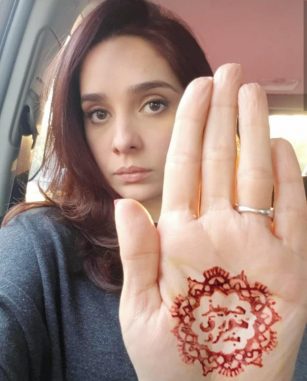Campaign Against Dowry
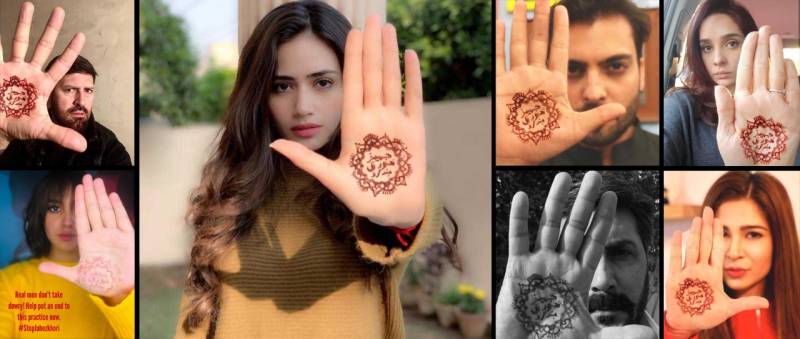
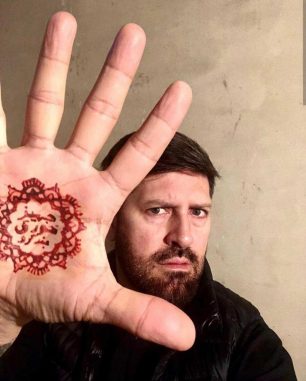
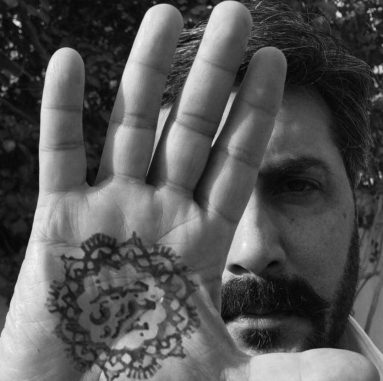
This was part of a campaign initiated by UN Women Pakistan to discourage the practice of forced dowry and related violence. It showcased how this practice makes a bride synonymous with material things like utility items, cash and gold. The expectation of giving dowry to the groom’s family has been burdening the families of girls with the pressure of spending more than their means and, in many cases their entire life savings, on their daughter’s wedding. Many marriages in Pakistan involve the transfer of dowry from the bride’s family to the groom’s and often brides are punished for not bringing enough dowry items through emotional abuse and bullying, deprivation of basic needs, and even to the extreme of killing with stove-burnings which are shown as accidents.
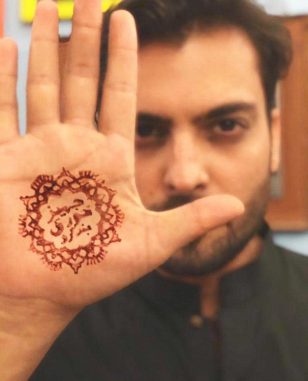
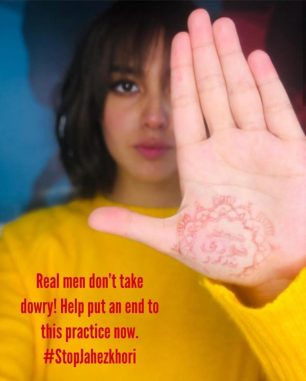
In 2012, UN Women and SACHET conducted a study that found that “dowries are often a monetary deal between two families: the bride’s family that fulfils the demands and the groom’s that makes demands. Such cultural arrangements completely violate the dignity of women and the quality of their personal relationships.”
With this campaign, UN Women aims to not only highlight the issue but also discourage the practice by portraying it as a form of abuse. They’ve coined a new Urdu term ‘Jahezkhori’ with the aim to stigmatize the practice and change attitudes and behaviours towards it. The campaign goal is to encourage people to demand an end to the dowry practice by stating #StopJahezkhori.
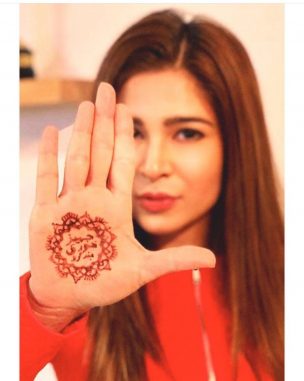
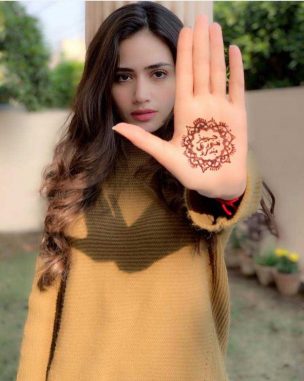
The campaign took over conventional and social media news as henna laden hands were displayed with a symbol saying Jahezkhori Band Karo(Stop the Dowry Practice). This campaign aims to transfer the stigma from those who are put under pressure to give dowry in return for marrying their daughters, to those who feel entitled to take dowry and to perpetrate violence if their demands are not met.
